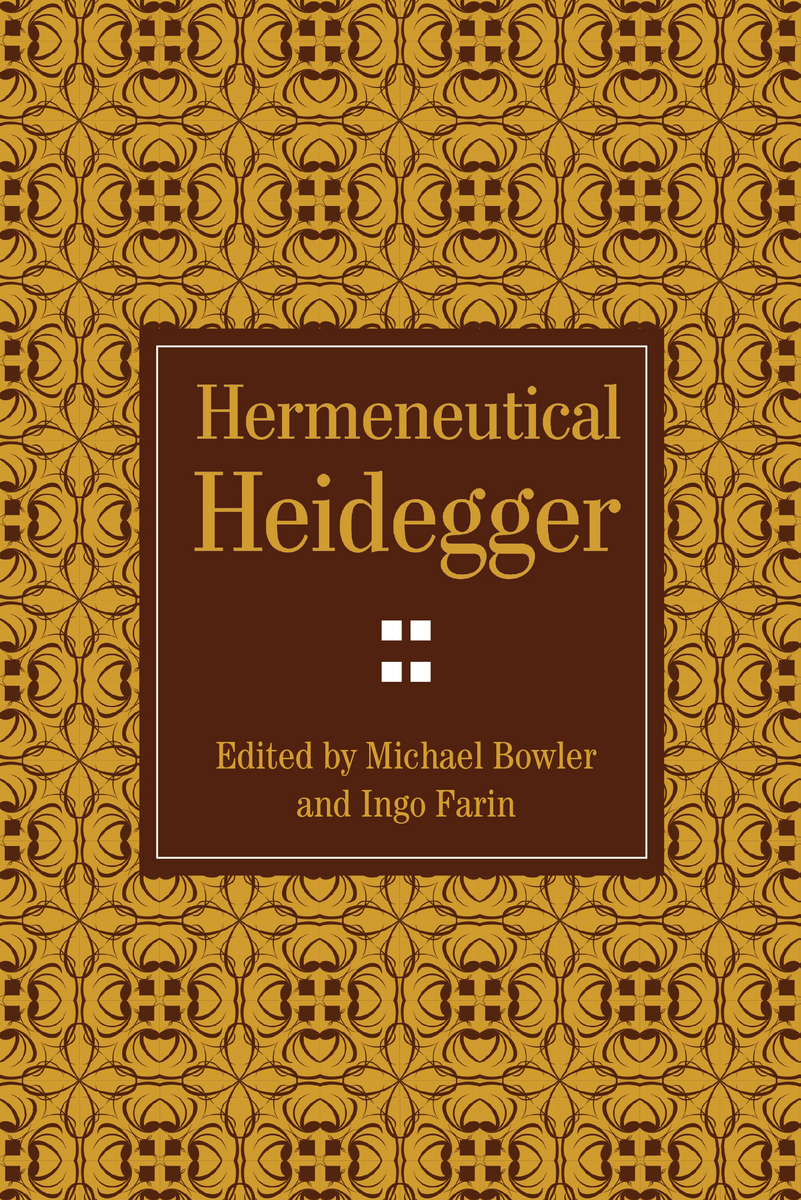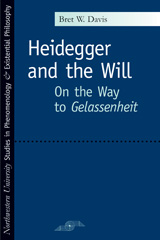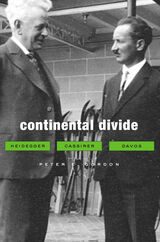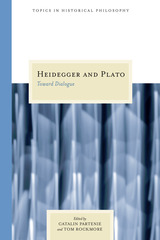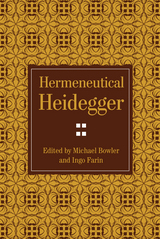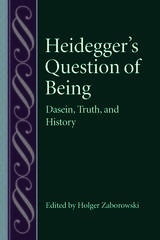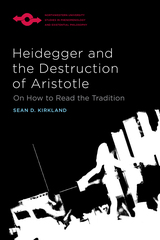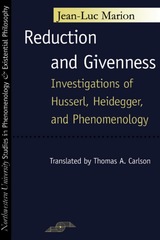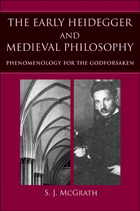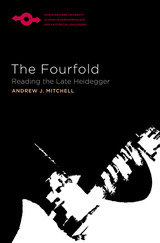Hermeneutical Heidegger
Northwestern University Press, 2016
Paper: 978-0-8101-3266-5 | Cloth: 978-0-8101-3267-2 | eISBN: 978-0-8101-3268-9
Library of Congress Classification B3279.H49H3845 2016
Dewey Decimal Classification 121.686
Paper: 978-0-8101-3266-5 | Cloth: 978-0-8101-3267-2 | eISBN: 978-0-8101-3268-9
Library of Congress Classification B3279.H49H3845 2016
Dewey Decimal Classification 121.686
ABOUT THIS BOOK | AUTHOR BIOGRAPHY | REVIEWS | TOC | REQUEST ACCESSIBLE FILE
ABOUT THIS BOOK
Hermeneutical Heidegger critically examines and confronts Heidegger's hermeneutical approach to philosophy and the history of philosophy. Heidegger's work, both early and late, has had a profound impact on hermeneutics and hermeneutical philosophy. The essays in this volume are striking in the way they exhibit the variety of perspectives on the development and role of hermeneutics in Heidegger's work, allowing a multiplicity of views on the nature of hermeneutics and hermeneutical philosophy to emerge. As Heidegger argues, the rigor and strength of philosophy do not consist in the development of a univocal and universal method, but in philosophy's ability to embrace—not just tolerate—the questioning of its basic concepts. The essays in Hermeneutical Heidegger are exemplars of this kind of rigor and strength.
See other books on: 1889-1976 | 20th century | Heidegger, Martin | Hermeneutics | Philosophy
See other titles from Northwestern University Press
